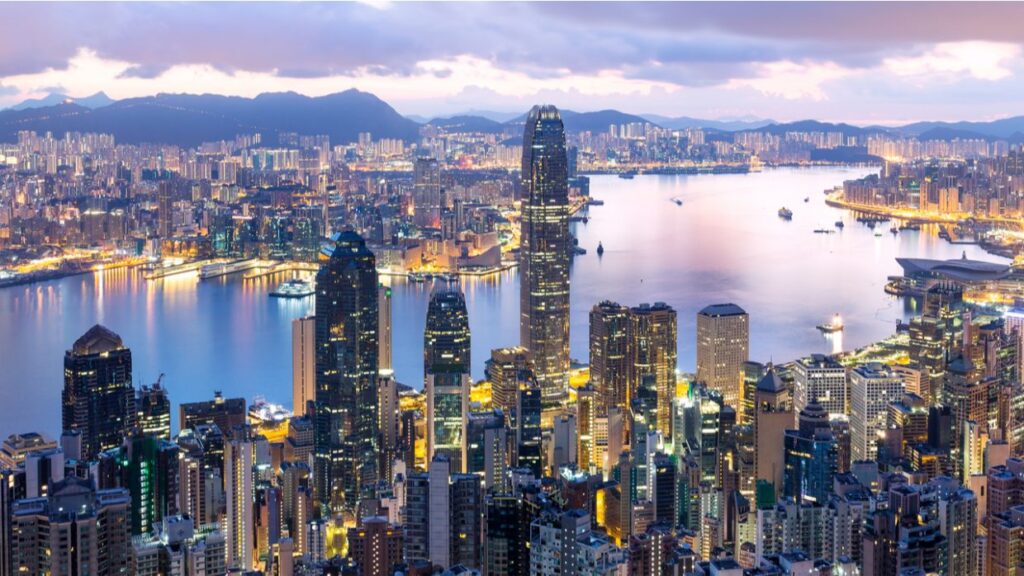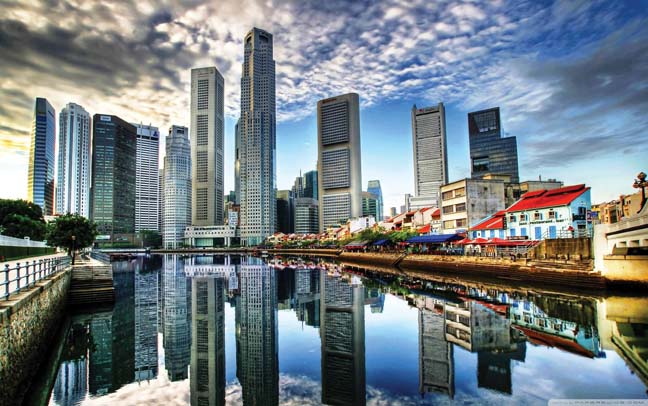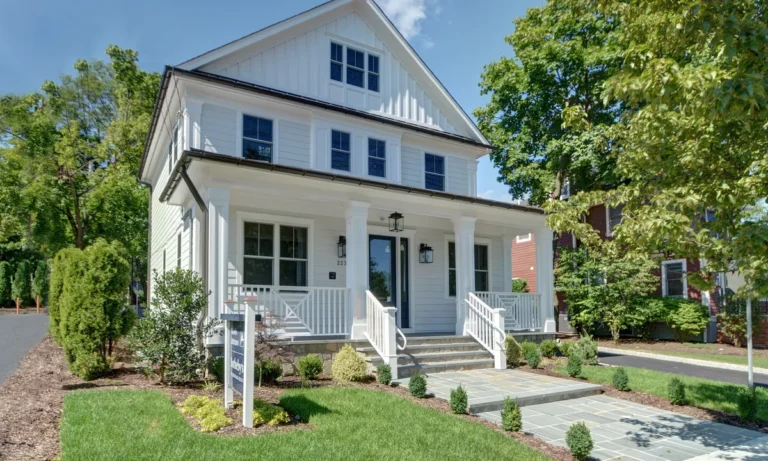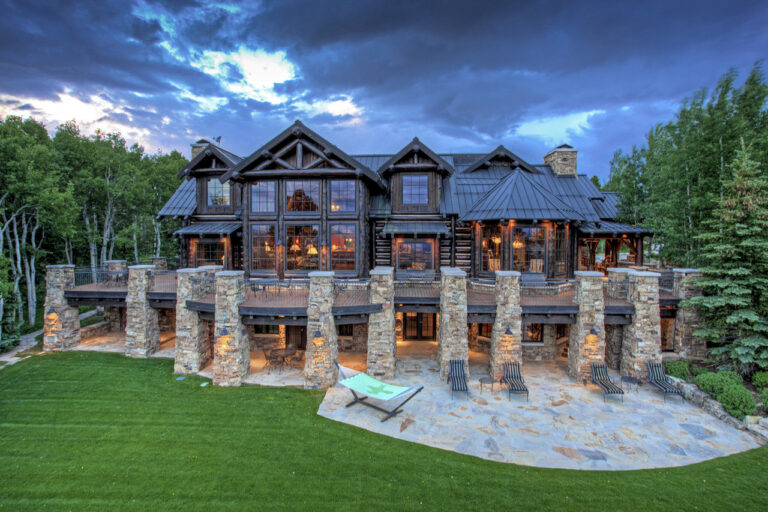As the sun sets over Victoria Harbour, casting its golden hue across the skyline of Hong Kong, Jason stands on the balcony of his apartment in Mid-Levels, taking in the breathtaking views of the city below. It’s been over a year since he decided to invest in real estate in one of the world’s most dynamic and expensive property markets. Like many, Jason had been drawn to Hong Kong by its reputation as a global financial hub, but the high cost of living—particularly the price of property—had been daunting. After months of research and negotiations, he secured a modest apartment, but not without sacrifice. Despite the challenges, Jason couldn’t deny the allure of owning a piece of Hong Kong real estate, where every square foot is a prized commodity. The city’s soaring property prices, limited land availability, and intense demand create one of the world’s most competitive real estate landscapes. What makes Hong Kong’s real estate market so desirable, and how has it evolved into what it is today?
The Global Appeal of Hong Kong Real Estate
Hong Kong is consistently ranked as one of the world’s most expensive real estate markets. According to the Demographia International Housing Affordability Report 2023, Hong Kong has held the title of the least affordable housing market for 13 consecutive years. The average home price in 2022 was around HKD 16,000 (USD 2,050) per square foot, and in prime areas like The Peak or Mid-Levels, prices can soar as high as HKD 50,000 (USD 6,410) per square foot.
Despite these eye-watering prices, demand for property in Hong Kong remains strong, driven by its status as a global financial hub, proximity to Mainland China, and stable legal system. Local and international buyers continue to see real estate in the city as a valuable investment, both for long-term capital appreciation and as a secure asset in an otherwise volatile global market.
Key Drivers of Hong Kong Real Estate Prices
- Limited Land Supply: One of the most significant factors contributing to Hong Kong’s high pr operty prices is its limited land supply. With a population of over 7 million people and only about 25% of its land being developed, the scarcity of land drives fierce competition for residential and commercial spaces. Much of Hong Kong’s terrain consists of steep hillsides, protected country parks, and undeveloped areas, leaving only a small portion available for urban development. This constraint has increased prices, especially in central areas like Central, Mid-Levels, and Kowloon.
- High Demand from Local and Foreign Buyers: Hong Kong real state is desirable for locals and attracts many foreign buyers, particularly from Mainland China. Mainland Chinese investors view Hong Kong real estate as a haven for their wealth, contributing to the rising demand for luxury properties. In 2022, about 15% of luxury property buyers in Hong Kong were from Mainland China, according to Knight Frank’s Wealth Report 2023. With a limited number of high-end properties available, this influx of foreign buyers has further escalated prices in prestigious areas like The Peak and Repulse Bay.
- Low Interest Rates: Low global interest rates in the past decade have made it easier for buyers to finance property purchases, fueling the demand for real estate. In Hong Kong, mortgage rates have historically been low due to the city’s currency peg to the U.S. dollar. Even though global interest rates began to rise in 2023, the effect on Hong Kong’s real estate market has been relatively moderate, with demand in the luxury sector remaining resilient.
- Government Policies: The Hong Kong government has implemented various measures to cool the property market. These include stamp duties on non-resident buyers, higher taxes on second-home purchases, and stricter loan-to-value ratios for high-value properties. However, these policies have somewhat slowed speculative buying but have not significantly reduced property prices. According to Colliers Hong Kong, these measures have helped stabilize the market, but they have not been able to counteract the underlying supply-demand imbalance fully.
Key Segments of Hong Kong Real Estate
- Luxury Residential Market: The luxury property market in Hong Kong is one of the most prestigious in the world, attracting ultra-high-net-worth individuals (UHNWIs) from around the globe. Areas like The Peak, South Bay, and Mid-Levels are home to some of the city’s most expensive homes, with prices for luxury villas and apartments often exceeding HKD 100 million (USD 12.8 million).
- According to Savills, the luxury residential market saw strong growth in 2022, with an 8% increase in sales for homes priced above HKD 50 million (USD 6.4 million). Despite geopolitical tensions and the impact of the COVID-19 pandemic, demand for luxury properties has remained high, particularly from Mainland Chinese buyers looking to invest in secure, high-value assets.
- Commercial Real Estate: Hong Kong’s commercial real estate market is among the most expensive in the world, with office space in Central consistently ranking as the priciest globally. In 2023, the average rental rate for Grade A office space in Central was around HKD 130 (USD 16.70) per square foot per month, according to CBRE Hong Kong. However, the commercial market has faced challenges in recent years, with companies relocating to more affordable areas like Kowloon East and Wong Chuk Hang due to rising rents and changes in work-from-home policies.
- New Territories: While the urban areas of Hong Kong Island and Kowloon remain the most expensive, there has been growing interest in the New Territories, where prices are relatively lower. According to JLL Hong Kong, property prices in the New Territories grew by 5% in 2022, driven by demand for larger homes in suburban areas as families seek more space in the wake of the pandemic. Areas like Yuen Long, Sai Kung, and Tseung Kwan O are becoming increasingly popular with young professionals and expatriates looking for more affordable alternatives to the city center.
Challenges Facing the Hong Kong Real Estate Market
- Affordability Crisis: Hong Kong’s housing affordability crisis has been a long-standing issue. According to the Demographia International Housing Affordability Report 2023, the city’s median multiple (the ratio of median house prices to median household incomes) is over 20, making it nearly impossible for average families to buy homes without government assistance. The Hong Kong government has launched several initiatives, such as the Home Ownership Scheme and the Green Form Subsidized Home Ownership Scheme, to provide affordable housing options for low- and middle-income households. However, the supply of affordable housing continues to lag behind demand.
- Rising Interest Rates: While interest rates in Hong Kong remain relatively low compared to other regions, the global trend of rising rates could impact the real estate market in the coming years. Higher interest rates would increase the cost of borrowing, making it more difficult for buyers to finance property purchases. This could lead to a slowdown in demand, particularly in the mid-tier residential segment.
- Geopolitical Uncertainty: Geopolitical tensions between China and the West have created uncertainty for some international investors in Hong Kong’s real estate market. Implementing the National Security Law in 2020 raised concerns about the city’s autonomy and future as a global financial hub. While Hong Kong remains a desirable location for Mainland Chinese buyers, some Western investors have hesitated to invest in the city due to political concerns.
Opportunities in the Hong Kong Real Estate Market
- Emerging Areas: While the city’s core areas remain prohibitively expensive, growth opportunities exist in emerging neighborhoods, particularly in the New Territories and areas undergoing urban redevelopment. The Hong Kong government has announced several large-scale infrastructure projects to develop new residential and commercial districts, such as the Northern Metropolis Development Strategy, which could create significant investor opportunities.
- Luxury Market for International Buyers: Despite the challenges, Hong Kong’s luxury real estate market continues to attract wealthy international buyers. With its global financial center and proximity to Mainland China, Hong Kong remains a preferred destination for UHNWIs looking for safe, high-value investments. According to Knight Frank’s Wealth Report 2023, Hong Kong is home to over 6,000 UHNWIs, and demand for luxury properties will remain strong in the coming years.
- Green and Sustainable Development: As environmental consciousness grows, there is increasing demand for sustainable and eco-friendly developments in Hong Kong. Developers are incorporating green building practices, such as energy-efficient designs, solar power, and water conservation systems, into new projects. This trend presents opportunities for investors looking to tap into the growing demand for sustainable real estate.
Conclusion
Hong Kong’s real estate market remains one of the most dynamic and competitive in the world, shaped by its limited land supply, strong demand, and status as a global financial hub. While the market faces challenges, including affordability concerns and geopolitical uncertainty, it also offers significant opportunities for investors, particularly in the luxury and emerging markets. As the city evolves, Hong Kong real estate will remain a sought-after asset for local and international buyers looking to invest in one of the world’s most vibrant cities.
















